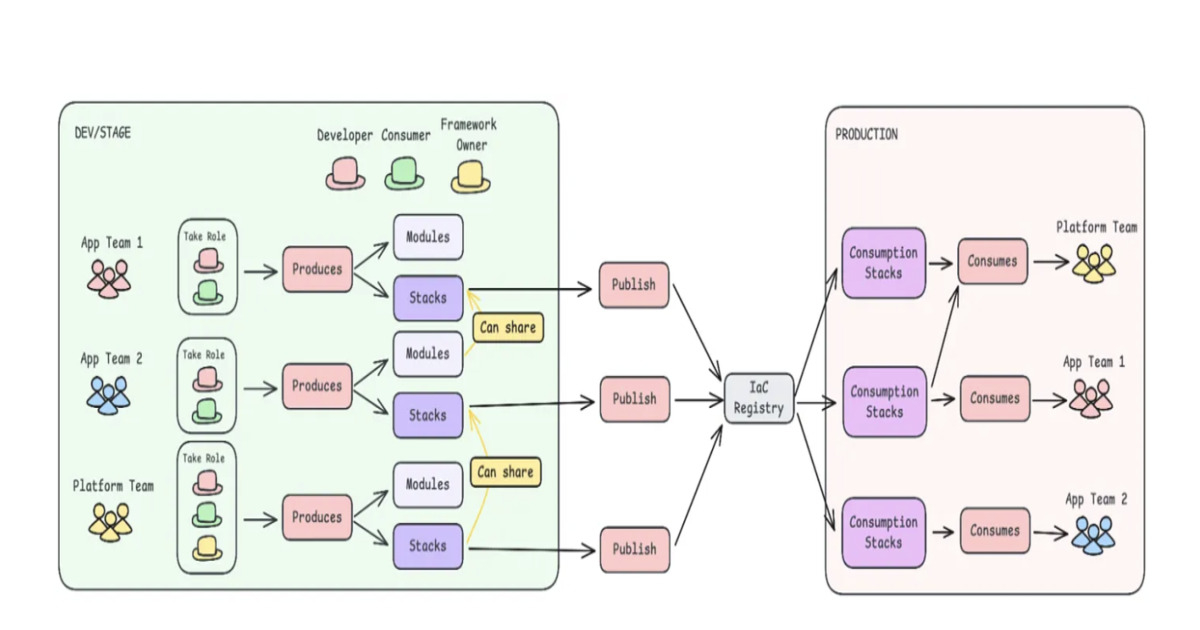Codetown
Codetown ::: a software developer's community
Using rs-232 in a java desktop application
Hello all:
I am fairly new to the Java world and would like some advice on how to handle rs-232 communications with a Java based GUI I am working on. Several years ago I created a similar GUI with Visual Basic, but my coding skills are a bit rusty and I never got the communication thing completely figured out. I could send command strings easy enough, but I had trouble getting responses and processing them quickly.
The current GUI is to control an RGB lighting system. It has some sliders, some radio buttons, and a few check boxes. When the sliders move a command string needs to be sent out. It will have to happen quickly so that the change in light level is smooth. When the radio buttons and check boxes are clicked, single commands will have to be sent out.
I would also like to be able to handle any responses sent back from the controller. When the sliders are moved, there will be a lot of comm traffic coming back to the GUI. I sure this will require a buffer of some kind, but I am not sure how to set it up.
Once I get the rs-232 option up and running, I need to look at communicating with the light controller via an Ethernet connection.
Any advise or assistance would be appreciated.
Paul Stearns
Tags:
Replies to This Discussion
-
Permalink Reply by Paul Stearns on May 27, 2011 at 5:00pm
-
Thanks Nem. I will check those out.
Paul
-
Permalink Reply by Paul Stearns on June 1, 2011 at 5:44pm
-
I took a look at some of the documentation and it seems that RS-232 is not supported for Windows apps anymore. If this is indeed the case, then I guess I need to look at sending communications via Ethernet and using a converter to get it to the RS-232 device.
Any guidance on how to proceed would be appreciated.
Notes
Welcome to Codetown!
 Codetown is a social network. It's got blogs, forums, groups, personal pages and more! You might think of Codetown as a funky camper van with lots of compartments for your stuff and a great multimedia system, too! Best of all, Codetown has room for all of your friends.
Codetown is a social network. It's got blogs, forums, groups, personal pages and more! You might think of Codetown as a funky camper van with lots of compartments for your stuff and a great multimedia system, too! Best of all, Codetown has room for all of your friends.
Created by Michael Levin Dec 18, 2008 at 6:56pm. Last updated by Michael Levin May 4, 2018.
Looking for Jobs or Staff?
Check out the Codetown Jobs group.
InfoQ Reading List
Google Launches Automated Review Feature in Gemini CLI Conductor

Google has enhanced its Gemini CLI extension, Conductor, by adding support for automated reviews. The company says this update allows Conductor "to go beyond just planning and execution into validation", enabling it to check AI-generated code for quality and adherence to guidelines, strengthening confidence, safety, and control in AI-assisted development workflows.
By Sergio De SimoneFrom Central Control to Team Autonomy: Rethinking Infrastructure Delivery

Adidas engineers describe shifting from a centralized Infrastructure-as-Code model to a decentralized one. Five teams autonomously deployed over 81 new infrastructure stacks in two months, using layered IaC modules, automated pipelines, and shared frameworks. The redesign illustrates how to scale infrastructure delivery while maintaining governance at scale.
By Leela KumiliGoogle Publishes Scaling Principles for Agentic Architectures

Researchers from Google and MIT published a paper describing a predictive framework for scaling multi-agent systems. The framework shows that there is a tool-coordination trade-off and it can be used to select an optimal agentic architecture for a given task.
By Anthony AlfordGoogle Cloud Brings Full OpenTelemetry Support to Cloud Monitoring Metrics

Google Cloud recently unveiled broad support for the OpenTelemetry Protocol (OTLP) in Cloud Monitoring, marking a step toward unifying telemetry collection across its observability stack.
By Craig RisiAWS Launches Agent Plugins to Automate Cloud Deployment

AWS launched Agent Plugins for AWS, providing AI coding agents with specialized deployment skills. The initial deploy-on-aws plugin transforms workflows by accepting commands like "deploy to AWS" and generating complete pipelines with architecture recommendations, cost estimates, and infrastructure code. Supported in Claude Code and Cursor, AWS claims 10-minute deployments versus hours manually.
By Steef-Jan Wiggers
© 2026 Created by Michael Levin.
Powered by
![]()